Rohan Khattar Singh, Fair Observer’s Video Producer & Social Media Manager, speaks with Lorenzo Tugnoli, an Italian photojournalist whose work spans more than a decade in the Middle East. Tugnoli’s latest book, It Can Never Be the Same, focuses on Afghanistan, compiling photographs from 2019 to 2023 that capture the nation’s turbulence before and after the Taliban’s return to the capital, Kabul. Khattar Singh guides the conversation through themes of visual representation, ambiguity and the failures of America’s longest war, while Tugnoli reflects on both his personal experiences and the broader lessons Afghanistan offers the world.
It Can Never Be The Same
Tugnoli explains that the title of his book carries two meanings. First, foreigners continue to view and portray Afghanistan in repetitive, static ways that fail to capture its evolving realities. Second, no photograph can ever replicate the lived experience of being in a place. Looking at an image and living through an event are fundamentally different, and that gap in experience is central to his project.
Tugnoli emphasizes that photography can be seductive in its apparent clarity, yet misleading when it erases the distance between representation and reality. His book tries to remind readers that what they see is only one version of an infinitely more complex world.
Beauty and pain in Afghanistan
Khattar Singh notes that Afghanistan is one of the most photographed regions on earth, yet most images follow clichés — armed men and veiled women. His own 2019 visit to Kabul revealed a far more diverse reality. Tugnoli acknowledges that photographers, himself included, often start with such clichés. But with time, they move beyond them, finding layers of contradiction and complexity. His book deliberately preserves ambiguity, pushing against journalism’s tendency to impose a clear narrative.
He argues that beauty and pain coexist in Afghanistan: the beauty of mountains, traditions and art, and the pain of war, poverty and endless political interference. To ignore either side would be dishonest, and Tugnoli’s photographs seek to hold both in tension.
Life in Afghanistan
Between 2009 and 2015, Tugnoli lived in Afghanistan, returning frequently afterward. This long engagement helped him look past surface images to capture everyday life. He recalls Afghan soldiers dancing during a ceasefire — men who, without context, could easily be mistaken for Taliban fighters. Khattar Singh notes that “Taliban” means “students” in Arabic and Pashto, underscoring how both sides were largely young men. For Tugnoli, this kind of ambiguity is the strength of photography: It allows multiple interpretations instead of forcing a single truth.
He notes that Afghans often lived in ways that defied outside categories altogether, with markets bustling, weddings being celebrated and children attending school even as bombs went off only a few miles away. Such juxtapositions, he insists, show the resilience of ordinary Afghans and highlight how little of their daily existence fits into foreign reporting.
The US Army in Afghanistan
Some of Tugnoli’s most telling images emerged from assignments for The Washington Post. He describes a photograph of the pre-September 11 New York skyline hanging inside the US Army’s base in Jalalabad, Afghanistan. Initially unremarkable, it later struck him as symbolic of America’s “twisted mission” in the country. The paradox was stark: the United States invaded to kill al-Qaeda leader Osama bin Laden, succeeded after ten years, stayed another decade and departed with the Taliban once again in power. For Tugnoli, the photograph embodied that circular futility.
He describes the base itself as a strange hybrid space: part-fortress, part-small American town. Soldiers watched American football, ate fast food and lived behind concertina wire, disconnected from the country they claimed to be securing. The photograph of New York encapsulated that distance, showing how American memories of September 11 overshadowed Afghan realities.
America’s war
Asked whether misunderstanding led to the Taliban’s return, Tugnoli answers without hesitation: yes. The problem was not just language or culture, but a lack of genuine interest in understanding Afghanistan. Decisions were often made in Washington or behind the fortified walls of UN compounds — enclaves that resembled foreign homelands more than Afghanistan. With overwhelming firepower, occupying forces had no incentive to learn or listen. Their mission, Tugnoli argues, served Western political agendas, not Afghan needs.
Khattar Singh contrasts this insularity with the murals painted on blast walls by Afghan artists like Omaid Sharifi — messages of love and peace that stand as a poignant counterpoint to the war’s brutality. These works of art, Khattar Singh observes, reveal that Afghans did not passively accept foreign domination. They responded with creativity, using color and words to reclaim public space from fear. This tension between military power and human resilience is one of the strongest themes in Tugnoli’s reflections.
Lessons from Afghanistan
Tugnoli believes the central lesson of Afghanistan is that ambiguity cannot be erased. His book avoids simple explanations, preferring to immerse readers in the atmosphere of uncertainty that defined Afghan life. By presenting images stripped of captions and reinterpreted in black and white, he asks viewers to confront instability and contradiction directly.
Rather than delivering “the truth,” It Can Never Be the Same invites reflection on beauty, pain and paradox. Khattar Singh concludes by praising this approach as a profound way to understand Afghanistan — not through answers, but through questions that remain open.
For Tugnoli, photography is most powerful not when it explains but when it unsettles. His hope is that audiences leave the book with questions about war, power and humanity that continue to resonate long after the last page is turned.
[Lee Thompson-Kolar edited this piece.]
The views expressed in this article/video are the author’s own and do not necessarily reflect Fair Observer’s editorial policy.





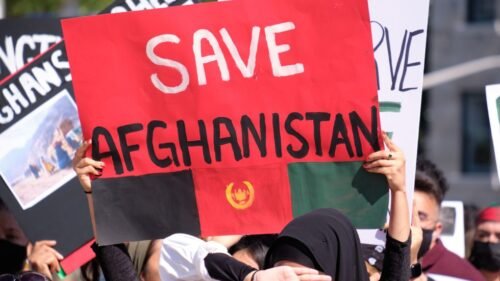



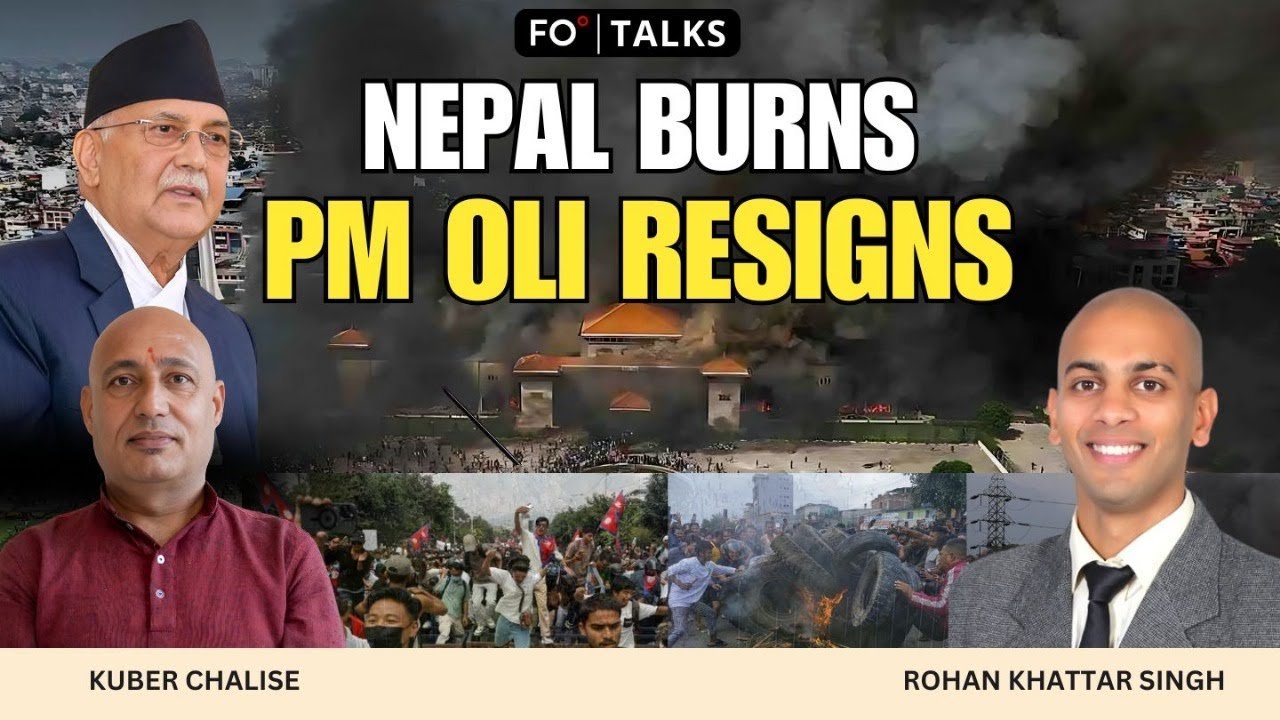








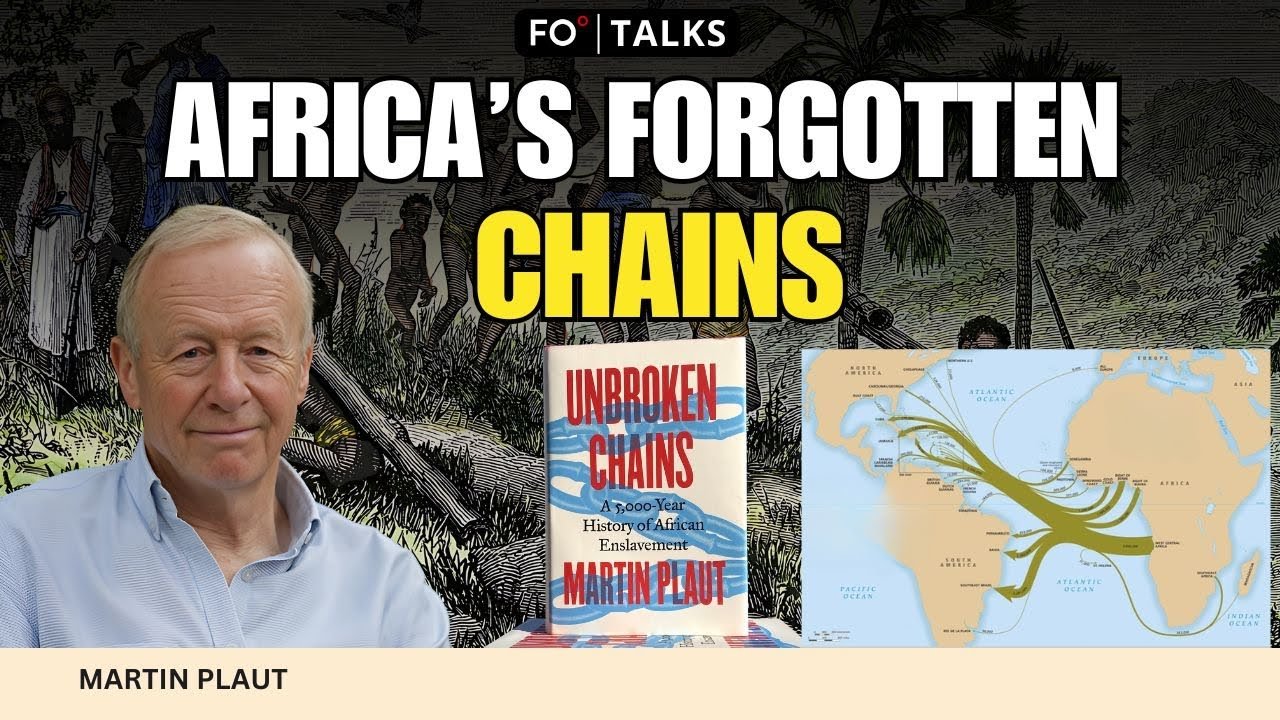








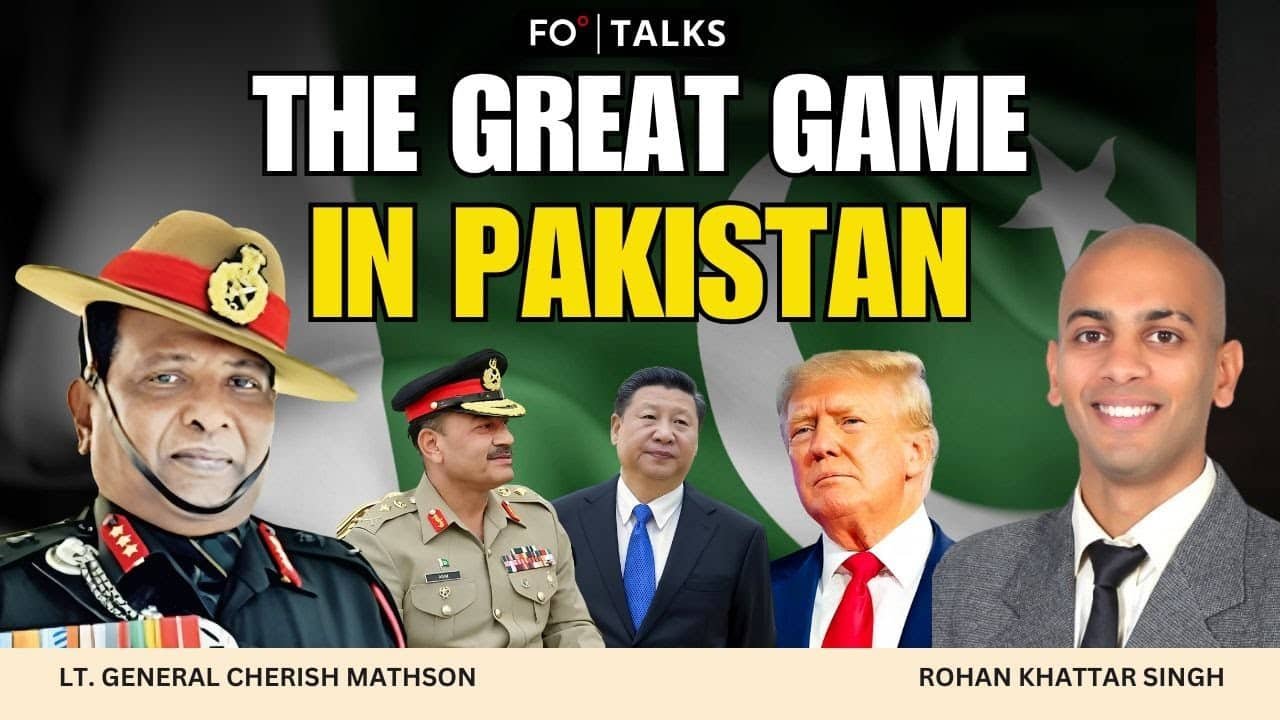



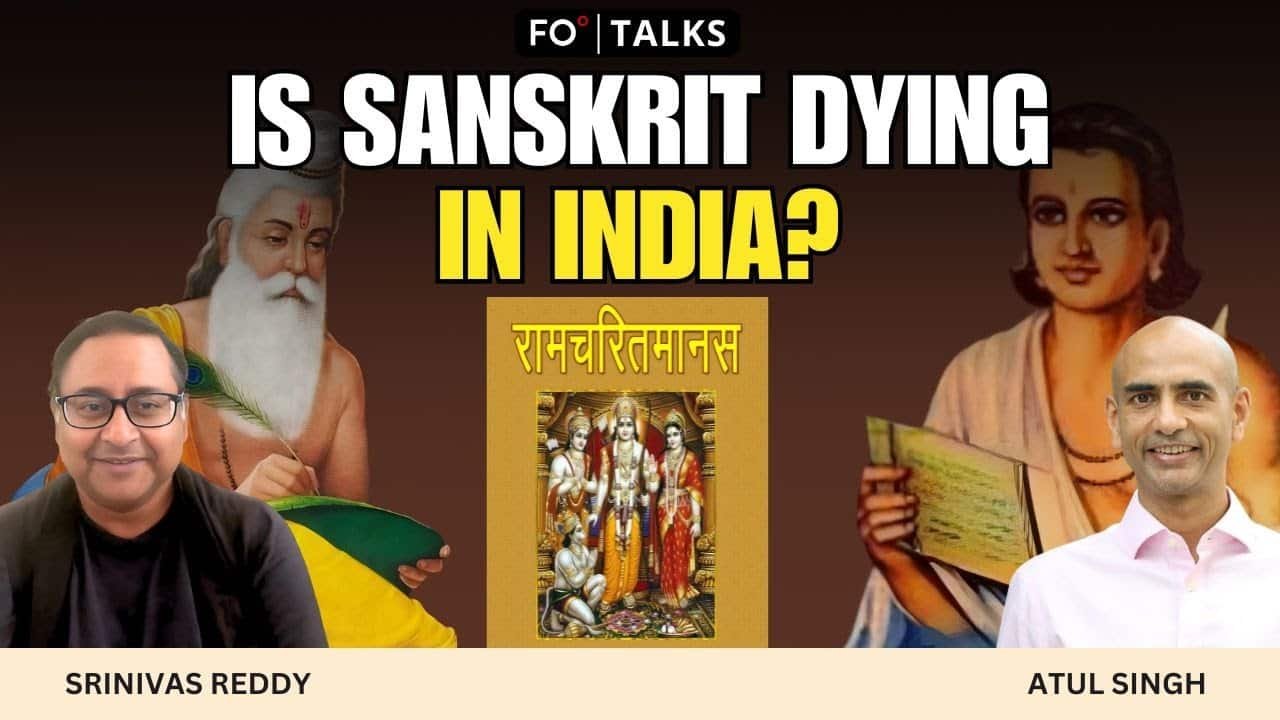









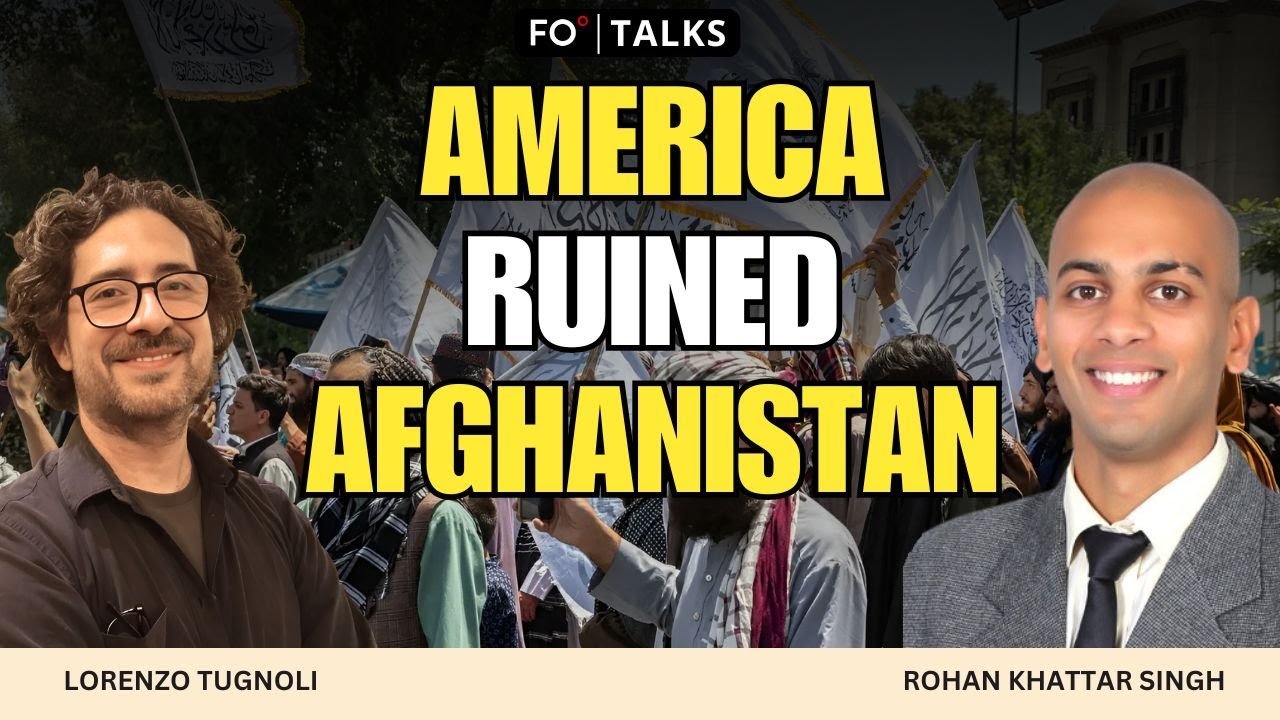

Comment